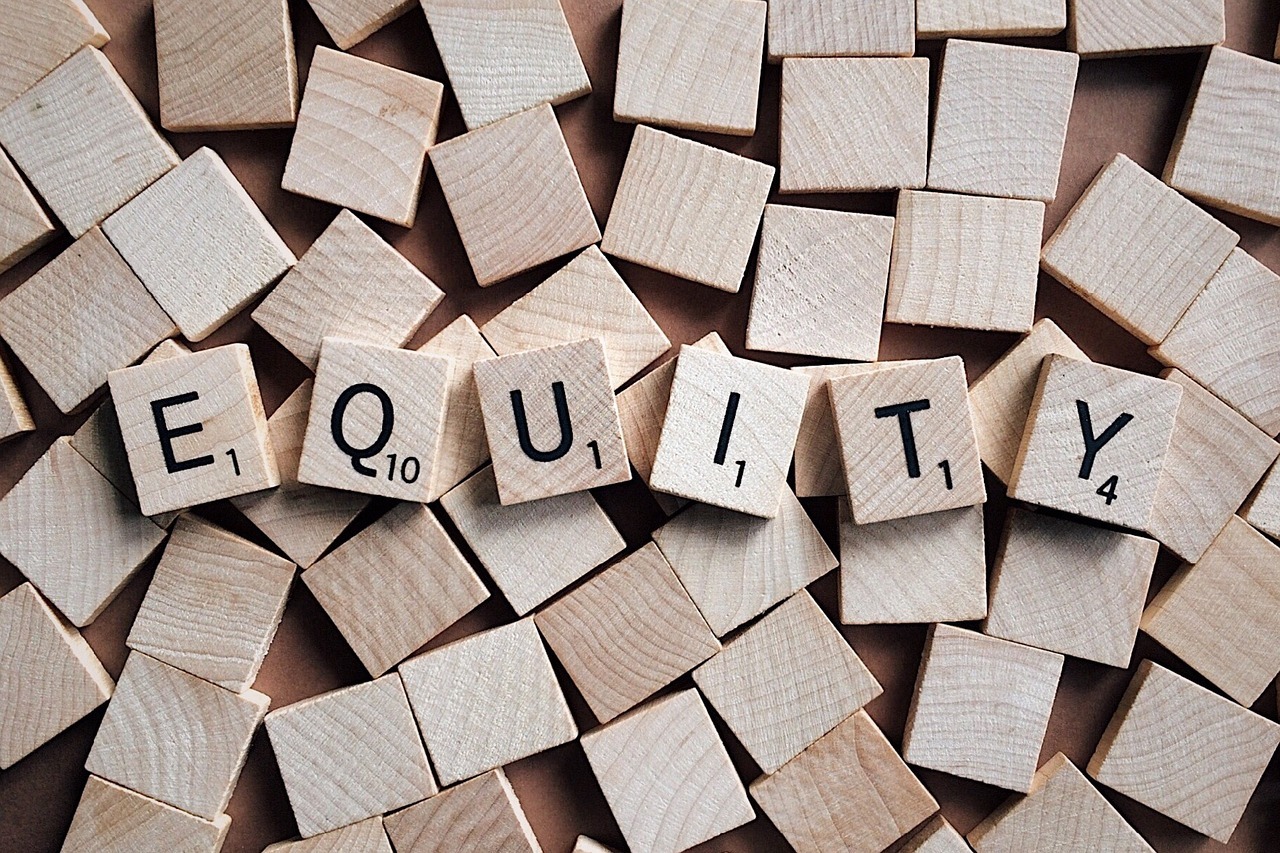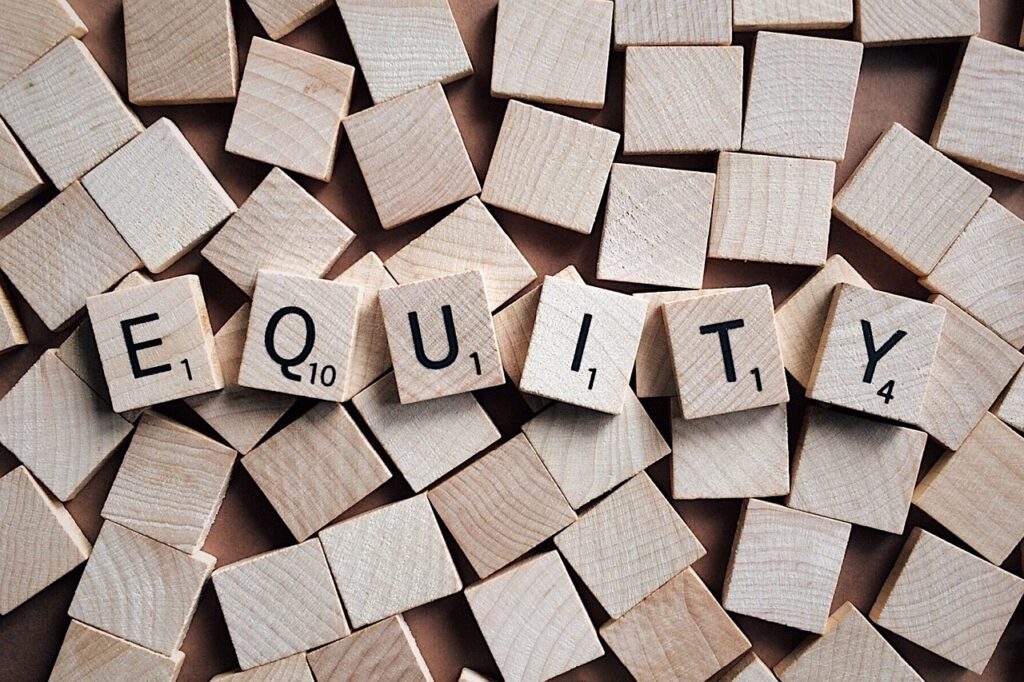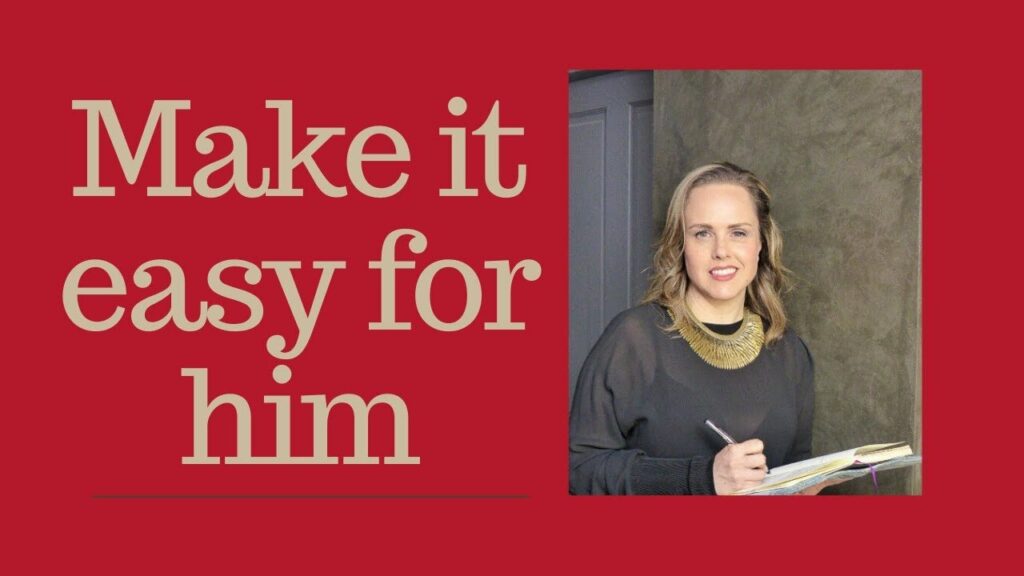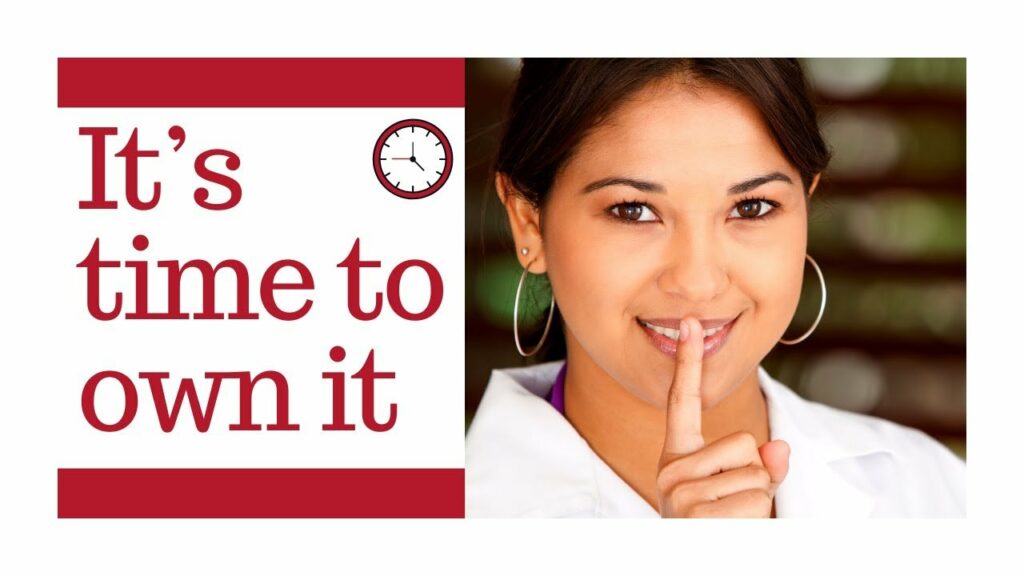Under-represented people need support from others – but, perhaps more than that, it is worth defining what true allies do. Research discussed in Scientific American found that men claimed to be better allies than their female colleagues felt they were; it turns out asking a woman how she’s doing AFTER she’s been minimised in a meeting doesn’t make you a great ally. If you want to demonstrate allyship in the workplace, speak up while the poor behaviour or unhelpful assumptions are happening! Then ask how you can more proactively help afterwards. That’s being a true ally.
Actions Speak Louder than Words
The research on allyship in the workplace found that, while over ¾ of men said they wanted to be better allies, the evidence suggested much of this was performative. Men know this is an expectation in modern workplaces, yet show largely performative support – something the article defines as ‘easy and costless actions that often do not challenge the status quo and are motivated primarily by the desire to accrue personal benefits.’
But allyship in the workplace is vital. Allies are often better positioned to demand fairer treatment for those historically underrepresented than these groups are for themselves. I know I’m not the only woman who has heard a man make the case for equality, and be taken more seriously than the women who have been advocating for years.
Indeed, other research on allyship in the workplace showed that when an ally advocates with anger in their approach for an overlooked person, they are not only better heard, but there is more accountability required from the offender.
Go Beyond the ‘Check-In’ for Allyship in the Workplace
Scientific American found that men who considered themselves allies were often not viewed as being supportive in the moment. Ultimately, seeing unfairness in the workplace and talking with the victim later to ensure they are okay is not the same as challenging the offender in the moment.
Men who only ‘check-in’ to see how the victim is after the incident were considered good colleagues, but not allies. What’s helpful is going to bat for someone and using your social capital purely for the benefit of someone else. This is true allyship in the workplace, and something that can benefit every employer.
Want to Be a Better Ally?
1. Ask what support the under-represented most value from you.
2. Defend them in a tough moment the way you would a close friend.
3. Recognise that while you too may have been overlooked or diminished, the under-represented person is statistically more likely to have had many more of those experiences than you.
4. Think about what events or opportunities you can recommend to an under-represented person. After all, confidence comes from routine exposure to challenges.
Improving Workplace Culture
These points are key for an improving culture.
As the article explains: ‘when women and men rated men’s allyship similarly—which happened in a quarter of the study’s pairs—women reported higher levels of energy and inclusion than others.’
What made the difference for these men is that they checked in afterwards but also spoke up in the moment. That’s the kind of behaviours all workplaces could benefit from, making better colleagues and improved cohesion across teams.
On a final note, keep an eye out for my next round of Peak Resilience Accelerator sessions! Or, you can get in contact for some executive coaching sessions, or a webinar talk.





